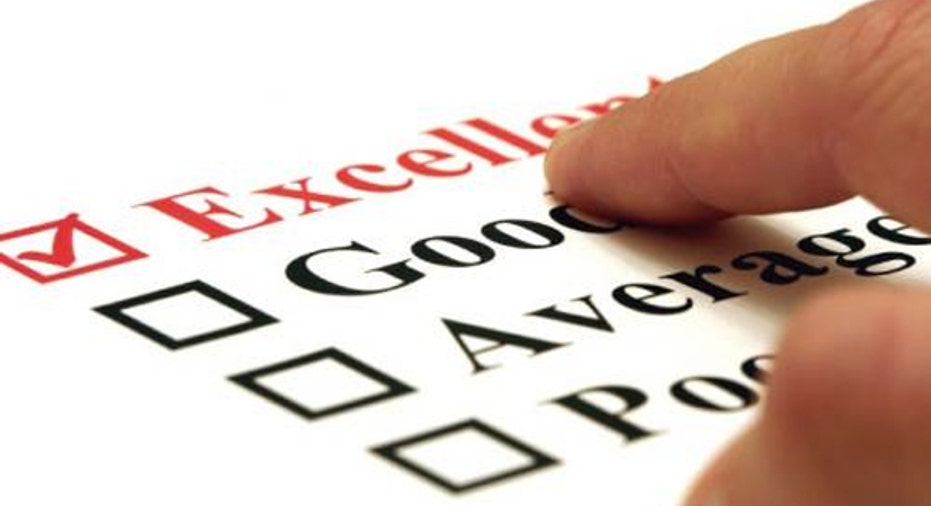How to Improve Your Credit History

A bad credit score doesn’t have to haunt you forever.
“The most important thing a person can do is focus on their credit history, not on a number,” says Rod Griffin, Experian’s director of Public Education. “Every credit score is calculated using the information in a person’s credit report. If you take care of your credit report, credit scores will take care of themselves.”
The time it takes to clean it up will depends on the amount of damage and financial “hits” against you, but credit experts say the first step to improving your credit is evaluating how you got there in the first place.
Whether it’s to buy a new home or car or open up a credit card, any time you apply for money, the lender runs your credit history to understand your credit worthiness. If you have a high credit score, say in the 700s, chances are you’ll get a low-interest rate. But if your credit score is low, expect to pay a hefty interest rate if you do get approved.
If you get rejected, you’ll most likely get a letter in the mail listing your risk factors and reasons credit wasn’t extended. Use these risk factors as a road map to repairing your credit score.
“Make sure you are keeping track of your bills’ due dates and paying your balances off every month. If you can't pay the entire balance each month, make sure you are constantly trying to pay above the minimum payment,” suggests Polina Polishchuk, editor at NextAdvisor. “Paying more than the minimum due amount can help your credit score and also save you money on finance charges.”
Other factors that impact a credit score both positively and negatively, include paying off debt, closing accounts, missing payments, opening a new credit account and the time since a payment was missed, according to Griffin at Experian.
Paying off debt is the fastest way to improve your score, if that’s not possible, Griffin says to at least keep your credit card balances below 30% of your credit limits.
Once you start paying off your debt it’s understandable that you’ll want to close credit card, but experts say that can actually hurt your score instead of helping it.
To avoid overspending, it can be tempting to cancel credit cards, but that can actually hurt your score. When you close an account, it reduces your available credit and thus increases the balance-to-limit ratio, which is a sign of risk to creditors.
However, if you aren’t disciplined enough not to use a card, experts say to take the initial hit and close the card. “While closing the account might cause a temporary decline in scores, it still may be better to remove the temptation so that you don’t dig yourself deeper into debt,” says Griffin.
You must also review your credit report regularly to make sure it’s free of erroneous information that will damage your score. Experts recommend pulling your free credit report and score from Experian, Equifax and Transunion. Each allows a free request every year, so spreading checks out every four months is ideal.
“According to the FTC, almost 52 million Americans have errors in their credit reports,” says Polishchuk. “These errors have a negative effect on your credit score, and in turn, will cause you to pay higher interest rates.”
If an application for credit was denied, you may also eligible for a free report. According to Griffin, free credit check reports are also available for people who are victims of identity theft, unemployed and seeking employment or those people who receive welfare assistance.



















